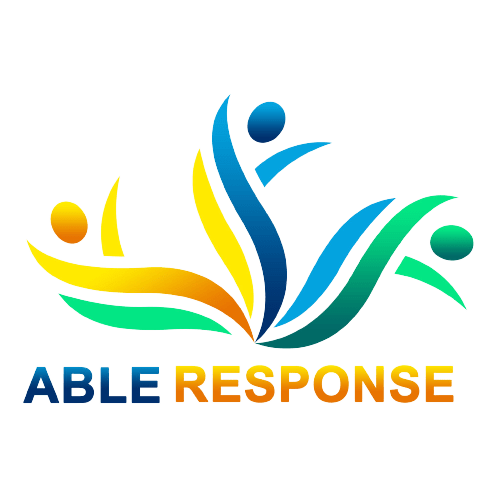Address
131 Rees Rd, Melton South VIC 3338, Australia
Work Hours
Monday-Friday 8 am – 8 pm
Saturday & Sunday CLOSED
Address
131 Rees Rd, Melton South VIC 3338, Australia
Work Hours
Monday-Friday 8 am – 8 pm
Saturday & Sunday CLOSED

For a healthy lifestyle, physical and mental activities are most essential. Participants undergoing any unforeseen circumstances or battling with a temporary disorder should engage in activities. This helps catalyze the healing process and provides motivation to our Able Participants who have been living a monotonous routine.
Sports and recreational activities are planned according to our body demands. This not only includes outdoor exposure to games and leisure but also board games, mind games, etc. Our NDIF participants feel relieved after such brain exercises.
The participants are motivated to have social commitments. Friends and family hold a special place that has no replacement. Meeting a friend or being a part of family dinners and engagements is highly encouraged.
Instead of a solitary sitting and idle thinking, our esteemed participants busy themselves with the professional duties they do in day-to-day life or helping a student/teacher with their setup in order to work.
For a hobby or a nicer way to spend quality time, the participants are motivated to develop a skill. This prepares them for new ideas to explore.
Participants covering a high percentage work from home. Their assistance and support are our foremost priority. Work cannot be done in neglected and unorganized surroundings. We serve them in this regard.
Don’t let a disability or an illness hold you back. You can still stand on your own without having to depend on others.
If you are looking for a way to support yourself and stay busy we can help you with the following work-from-home trends;
How We Can Help You!
Please contact us in case you need any assistance. All queries and feedback will be taken seriously and responded to in a timely manner.
There’s the perfect expert allied health provider near you, so get in touch today. Contact us One of our friendly team will call you asap.
